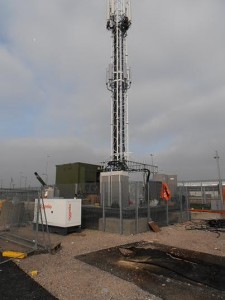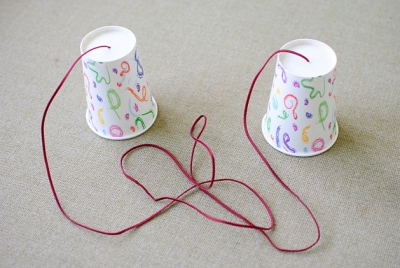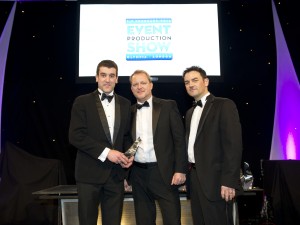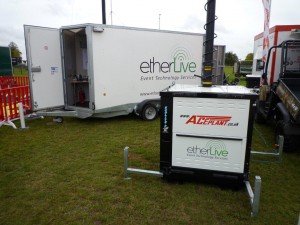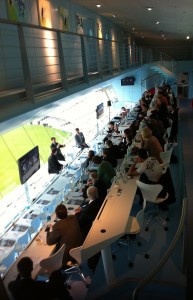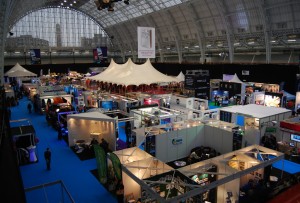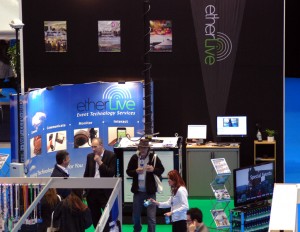EE have launched their Wi-Fi Calling service and Vodafone are expected to follow shortly along with other operators. With the prevalence of other VoIP based calling such as Skype, WhatsApp, Viber, etc. you could be excused for thinking what all the fuss is about.
There are two big things about Wi-Fi Calling, the first is that it uses your normal mobile number so it doesn’t matter if you don’t have a mobile signal you can still receive and make calls on your normal number.
The second aspect of true Wi-Fi Calling is that it is seamless – you don’t have to launch an app and make a conscious decision to switch, it is handled directly by the phone. Here though lies an issue in that only newer generation phones support this aspect today, however, it is expected that all future phones will adopt it. Seamless is also not truly seamless yet in that active calls at this point cannot roam from the mobile operator network to Wi-Fi or vice versa but this is expected to be introduced in the future.
The other cheeky point to note is that operators are still likely to charge (or deduct from bundled minutes) for a call made over Wi-Fi even though they are not providing the network.
For event organisers Wi-Fi Calling sounds like a great development as requests to improve mobile coverage and capacity is up at the top of the list of the things we get asked to fix most frequently, yet generally we are fairly powerless to address as the current system has been a closed environment controlled by the mobile operators.
At a high level this is a great development for event organisers, especially for production staff who can be offered an alternative to the mobile network very easily but it throws up some challenges which need to be considered very carefully if it is to be used beyond production staff. Any event providing a Wi-Fi network for its attendees is now potentially going to see extra demand on that network, not so much in terms of capacity as voice traffic is fairly small, more in terms of quality of service.
Voice traffic is not tolerant of congested networks, previously an attendee just downloading some email might see the network as being a bit slow but it still works, with voice it is a different story with stuttering audio rendering the call unworkable and frustrating the user far more than slow email.
Event organisers will need to make conscious decisions about the use of Wi-Fi Calling and ensuring any network is capable of delivering it at a quality that is acceptable to users. This may mean high density design and increased internet capacity – both of which can push up costs.
For smaller events this is not likely to be that much of a problem but as you scale up to large outdoor events with thousands of people the challenge is a lot more significant. Wi-Fi Calling has the potential to help solve one of the big frustrations at festivals, arenas and sports events but without a good public Wi-Fi network it could make the frustration worse.
The interesting question is that if Wi-Fi Calling is adopted by users and becomes the norm when in a public Wi-Fi hotspot will attendees increasingly expect it at events? And if so, who pays?


